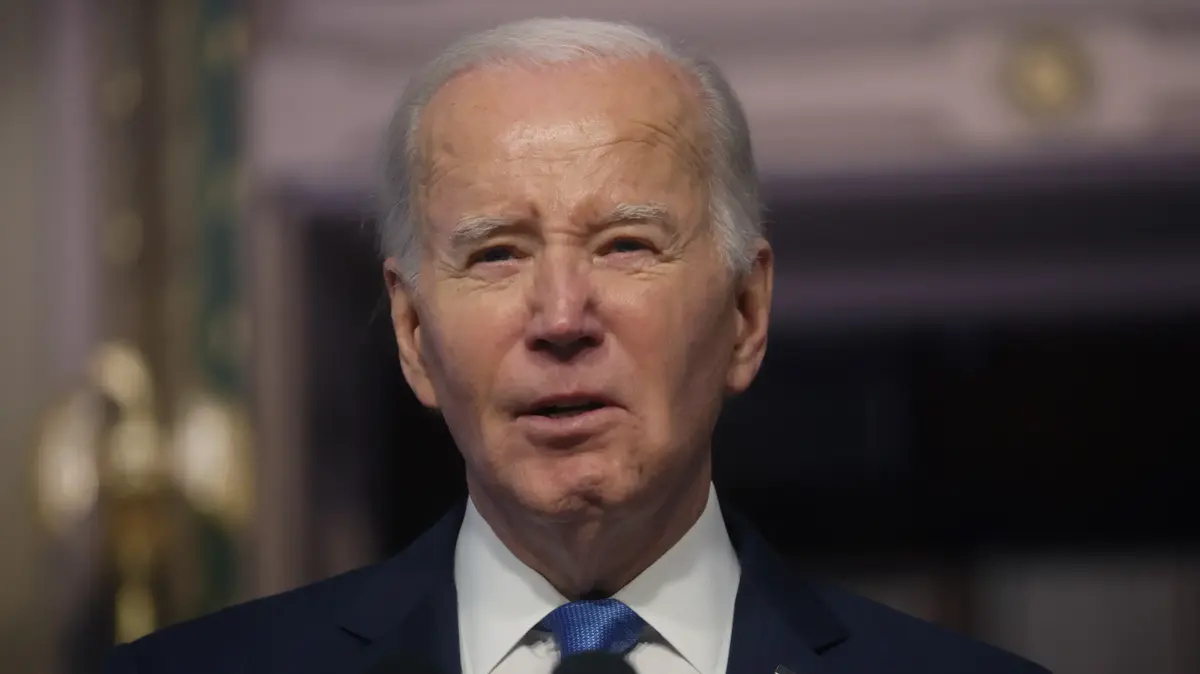Ahead of the expected US elections this coming November, we see that the issue of the older age of the presidential candidates comes up again and again in direct connection with their fitness for office. A special column should be written about the incorrect connection between old age and incompetence, but it seems that in recent days another problematic and incorrect connection has been made that automatically leads to problems A memory that was allegedly seen in President Biden for his diagnosis as a person suffering from dementia.
It is important to emphasize that old age does bring with it many challenges, one of which is a decline in memory functions, but we must remember that not every decline in memory means dementia.
What is dementia?
Dementia is a collective name for a group of diseases characterized by impairment of brain functions, changes in behavior and decreased function.
In order for a person to be diagnosed as suffering from one of the dementia diseases, an element of decreased function must appear.
A person can experience slight changes in memory, but this will have no consequences on their daily functioning.
Many people in old age are diagnosed with Mild Cognitive Impairment.
At this stage, changes in memory and thinking functions appear, but these do not affect daily functioning.
It is important to remember that most people diagnosed with MCI will not develop dementia.
Independence functions will remain stable and therefore will not receive a diagnosis of dementia.
It is estimated that there are about 150,000 people living with dementia in the State of Israel.
In the whole world there are about 50 million people diagnosed with dementia.
As life expectancy increases, the incidence of the disease increases.
Among the 85-year-olds, about one-third are diagnosed with dementia, among the 90-year-olds, about two-thirds are diagnosed with dementia.
The most common type is Alzheimer's disease (60% of dementia patients are diagnosed with Alzheimer's).
US President Joe Biden, January 27, 2024/Reuters
telltale signs
The diagnosis may be challenging due to the fact that the pathology in the brain begins many years before a clinical manifestation of the disease is seen.
Sometimes behavioral signs appear before the cognitive signs (restlessness, anxiety, depression) and then the diagnosis of dementia may be missed since the first symptoms are not cognitive.
The most important thing is to listen to the patient, what is said and also what is not said.
There are several signs that can indicate dementia: the loss of short-term memory, difficulty in completing familiar tasks, language and communication problems, disorientation in time and place, impaired judgment, problems with abstract thinking, changes in mood and behavior, changes in personality and loss of initiative.
However, it is important to emphasize - not all signs must appear in order for a diagnosis of dementia to be received.
More in Walla!
The leading health fund presents: the services that will make your life easier
in collaboration with Kalit
Risk Factors
In 2019, the World Health Organization published twelve risk factors for dementia that have the potential to be reversible.
If we treat the risk factors, we can postpone about 40% of dementia cases.
The risk factors are: lack of physical activity, excessive consumption of alcohol, smoking, unbalanced diet, hearing loss, social isolation, lack of mental activity, diabetes, high blood pressure, high cholesterol, obesity and depression.
We learn from this how significant and essential it is to maintain a healthy lifestyle over time.
It is very important to have a daily schedule and employment for every person, and also for the person diagnosed with dementia.
The guiding principle is to allow a person with dementia to function to the best of his ability (depending on the stage of the dementia) while providing help/support in an informed manner so that on the one hand the person continues to feel active and on the other hand does not endanger himself.
If the person finds it difficult to perform any task, you should try to make it easier for him and not deprive him of doing it.
As part of a daily routine, it is highly recommended to use music as a space for connection and communication.
We have the duty and the right to treat dementia patients with respect, compassion and sensitivity.
We must remember that dementia is only a part of the person at this point in time in their life.
Kelanit Shurer is a social worker, director of the "Zipora Farid" center, a support center for dementia patients and their families at the Ezer Mezion Association
More on the same topic:
Joe Biden
dementia
Alzheimer's
Memory

